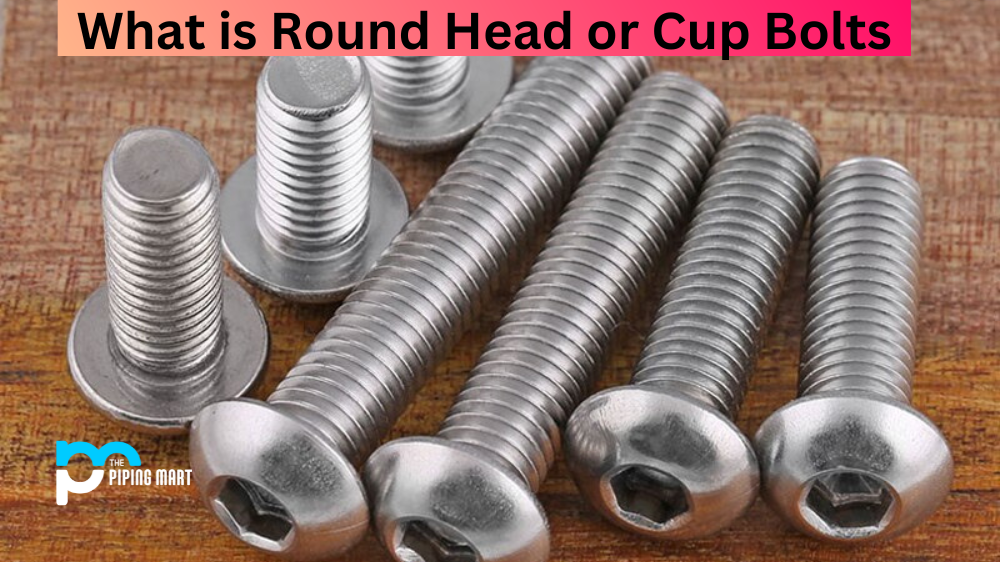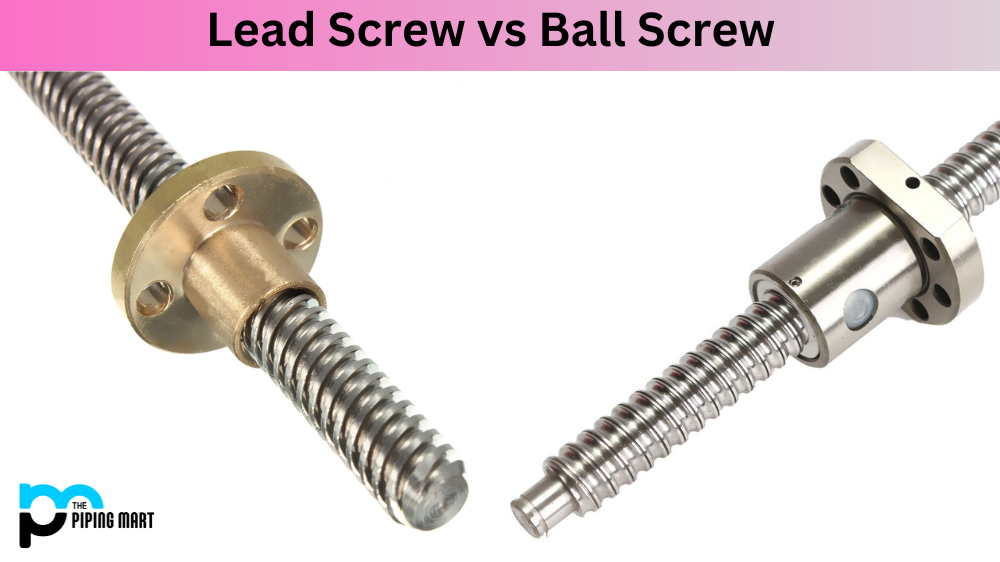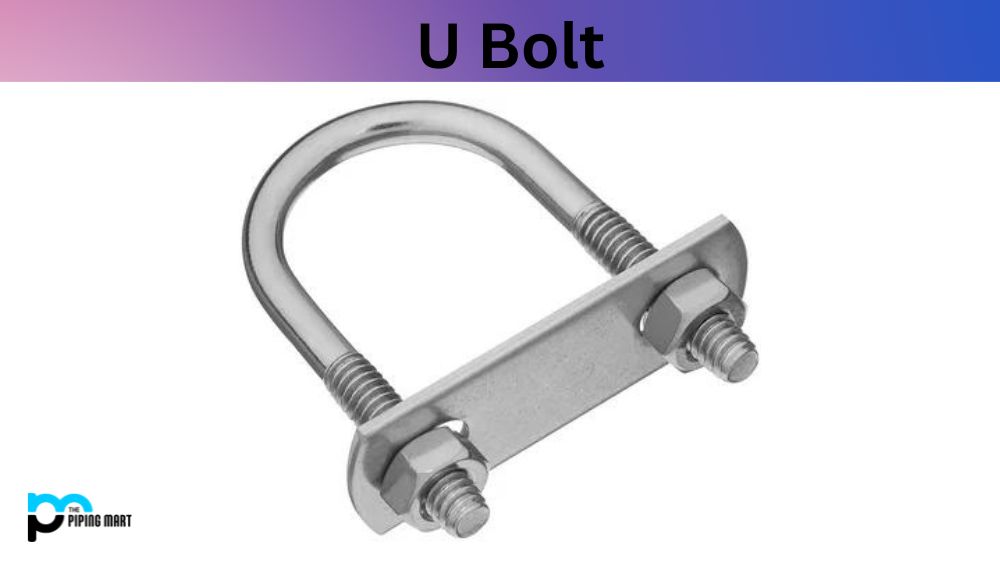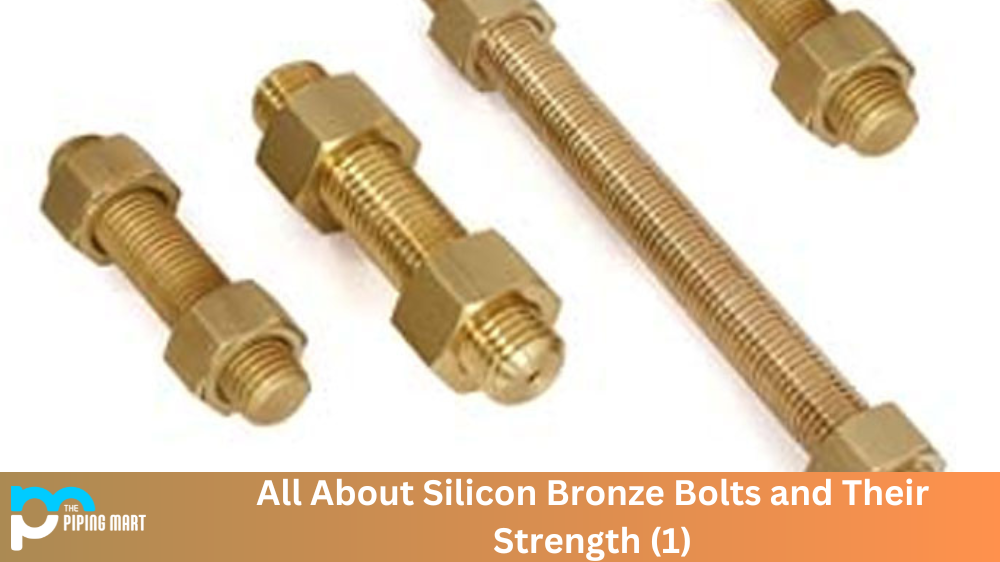Round head or cup bolts are an essential component of construction and engineering projects. These steel fasteners are used to secure two objects together, often with the help of a nut and washer. In this blog post, we will take a deep dive into a round head or cup bolts, exploring their design, use cases, and different types of bolt heads.
Design of Round Head or Cup Bolts
Round head or cup bolts feature a cylindrical body with a rounded end that is tapped at the top for threading. This threaded end allows for a nut to be securely attached to the end of the bolt and hold two items in place. The cylindrical body tapers down from the rounded head towards the base allowing it to fit into a matching hole or slot in another object.
Use Cases for Round Head Or Cup Bolts
Round head or cup bolts are commonly used in woodworking, furniture assembly, automotive repairs, industrial machinery maintenance, and many other applications where two pieces need to be securely joined together. Due to their rounded shape and relatively low profile, they can be used in applications when space is at a premium, such as tight corners and hard-to-reach places. They can also provide superior grip strength on slippery surfaces such as metal or plastic due to their rounded shape that helps them sit more securely in place.
Different Types Of Bolt Heads
There are several different types of round head or cup bolt heads available, including flat countersunk (or oval), truss (or mushroom), pan (or button), bind (or binding), slotted roundhead, hexagon socket (or Allen), square socket (or Robertson), and winged cap screw heads. Each type has specific advantages that make it better suited for certain tasks than others, depending on your needs, such as strength requirements, appearance preferences, accessibility concerns, etc.
Properties
- A round head or cup bolt is a type of bolt that has a rounded head and a cup-shaped body.
- Roundhead or cup bolts are typically made from steel or iron and are used in a variety of applications, such as fastening wood or metal together.
- Roundhead or cup bolts are available in a variety of sizes, depending on the application.
- Roundhead or cup bolts typically have a higher shear strength than other types of bolts, making them ideal for use in high-stress applications.
- Roundhead or cup bolts can be used with a variety of different types of nuts, including hex nuts, square nuts, and wing nuts.
Round Head or Cup Bolts Dimensions
| d1 | M5 | M6 | M8 | M10 | M12 | M16 |
|---|---|---|---|---|---|---|
| d2 max | 13.55 | 16.55 | 20.65 | 24.65 | 30.65 | 38.8 |
| k max | 3.3 | 3.88 | 4.88 | 5.38 | 6.95 | 8.95 |
| f max | 4.1 | 4.6 | 5.6 | 6.6 | 8.75 | 12.9 |
| v max | 5.48 | 6.48 | 8.58 | 10.58 | 12.7 | 16.7 |
| nom. thread length | ||||||
| up to 125 mm | 16 | 18 | 22 | 26 | 30 | 38 |
| 126-200 mm | 22 | 24 | 28 | 32 | 36 | 44 |
| over 200 mm | 41 | 45 | 49 | 57 |
Conclusion:
All in all, round-headed or cup bolts are an essential component for any engineering project where two items need to be securely joined together without taking up too much space. Their wide variety of sizes and shapes makes them versatile enough to adapt to almost any situation while still providing superior grip strength when needed. Whether you’re working on furniture assembly, automotive repairs, industrial machinery maintenance projects – or anything else – always consider using round-headed or cup bolts when you need reliable fasteners that won’t take up too much space!
Meet Heer, a dynamic and driven writer learning tricks of her trade in the metal industry. With a background in Digital Marketing, Heer brings a unique perspective to her writing, sharing valuable insights. Apart from blogging she like reading and hiking.





